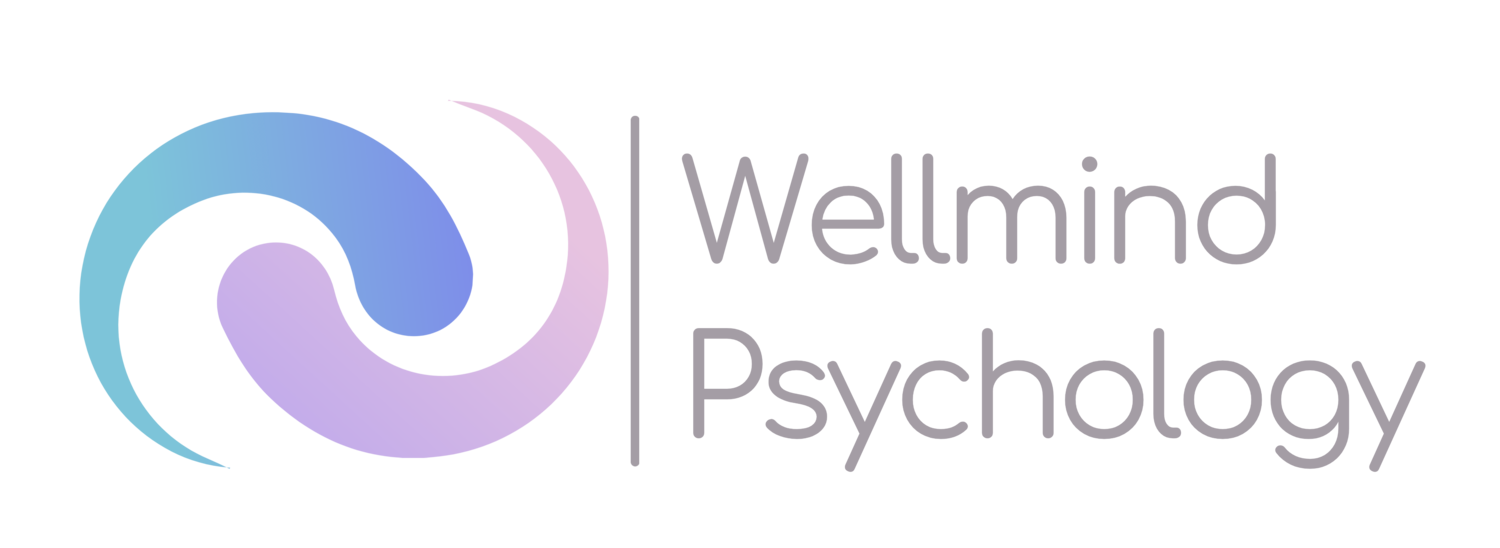Anxiety
Anxiety is a normal emotional response to situations of stress. People can experience problems when persistent feelings of anxiety
begin to interfere with their day to day lives.
There are many different reasons that may lead to people experiencing feelings of anxiety. Some typical examples are events such as public speaking, exams, job interviews or interactions in a relationship.
Anxiety is a natural, normal emotional response to stress and anxiety itself isn’t problematic. Anxiety can be beneficial in some situations as people may experience heightened senses, an adrenaline surge and sharper thinking.
Anxiety becomes problematic when the feelings are persistent, impacting peoples day to day lives. In this situation it is likely likely that an ‘anxiety disorder’ diagnosis is appropriate. Anxiety disorders can become highly debilitating affecting both mental and physical health which can result in problems at work, school, within relationships and everyday life. Anxiety disorders are often characterised by an intense feeling of fear that can be accompanied by thoughts and mental images of perceived threat or in response to triggers from previous experiences.
The Australian Bureau of Statistics Survey indicates that nearly 10% of adults experience symptoms consistent with anxiety disorders. The National Survey of Mental Health and Wellbeing found that Anxiety disorders were the most common form of mental health disorder in the population.
Anxiety Symptoms
Some common ways that anxiety can present itself include:
Constant feeling of worry about everyday situations
Feeling on edge, irritable or in a “bad mood” frequently
Difficulty concentrating
Sleep problems
Feeling the need to avoid people or social situations
Fear of embarrassing yourself
Difficulty relaxing
Fear of being hurt, death and/or going mad
Fatigue, chest pains, nausea, joint and muscle pain
Having thoughts that are difficult to end or manage
Gastrointestinal issues, sweating, choking, dizziness, increased heart rate or palpitations and/or urinary frequency
Inability to cope with changes of routine, lifestyle or a sudden problem
Constant concern about the health or yourself or family health or the health of your family
Types of Anxiety Disorders
Generalised Anxiety Disorder (GAD) - Symptoms have been experienced for at least 6 months, with anxiety being experienced on most days about everyday issues (such as health, work, finances or family).
Post-Traumatic Stress Disorder (PTSD) - A set of reactions and most often, long term symptoms that people may develop after experiencing a traumatic event.
Acute Stress Disorder (ACD) - A set of temporary, short-term reactions which may develop in someone who has experienced a traumatic event.
Phobia - Intense fear about particular objects or situations that result in deliberate avoidance of such objects or situations.
Agoraphobia - Intense fear and anxiety about being in a place or situation that could result in panic attacks or embarrassment, where the person may feel unable to leave the place or situation.
Panic Disorder - Intense feeling of fear that is overwhelming and difficult to manage, which may result in difficulty breathing, such as a fear of dying or going mad.
Obsessive Compulsive Disorder (OCD) - Ongoing and intrusive thoughts that may lead to ritualistic behaviours and obsessions in order to decease levels of anxiety, such as repeated counting, cleaning and checking.
Treatment for Anxiety Disorders
Certain types of counselling and therapy are scientifically shown to reduce problematic anxiety and effectively treat anxiety disorders to improve the quality of lives of the individuals who seek treatment and psychological treatments are usually the number one recommendation for moderate to severe symptoms of anxiety.
Our practitioners are experts in all of the major treatment types for problematic anxiety and will endeavour to help you to identify, understand and conquer your problems with anxiety with the sole intention of improving your life.
Our treatment could include:
Education and detailed information about the nature of anxiety, the flight and fight response, the role of hyperventilation and the various ways in which anxiety can present itself.
Relaxation training such as breathing techniques, mindfulness and progressive muscular relaxation.
Cognitive Behavioural Therapy (CBT) which assists in identifying and defeating negative or destructive thought patterns.
Identification and implication of lifestyle and behavioural changes such as reduction of alcohol, caffeine and other stimulants.
Referral for medication which can be used in conjunction with CBT
If you think you may need some support to manage your anxiety please contact us start your journey.

